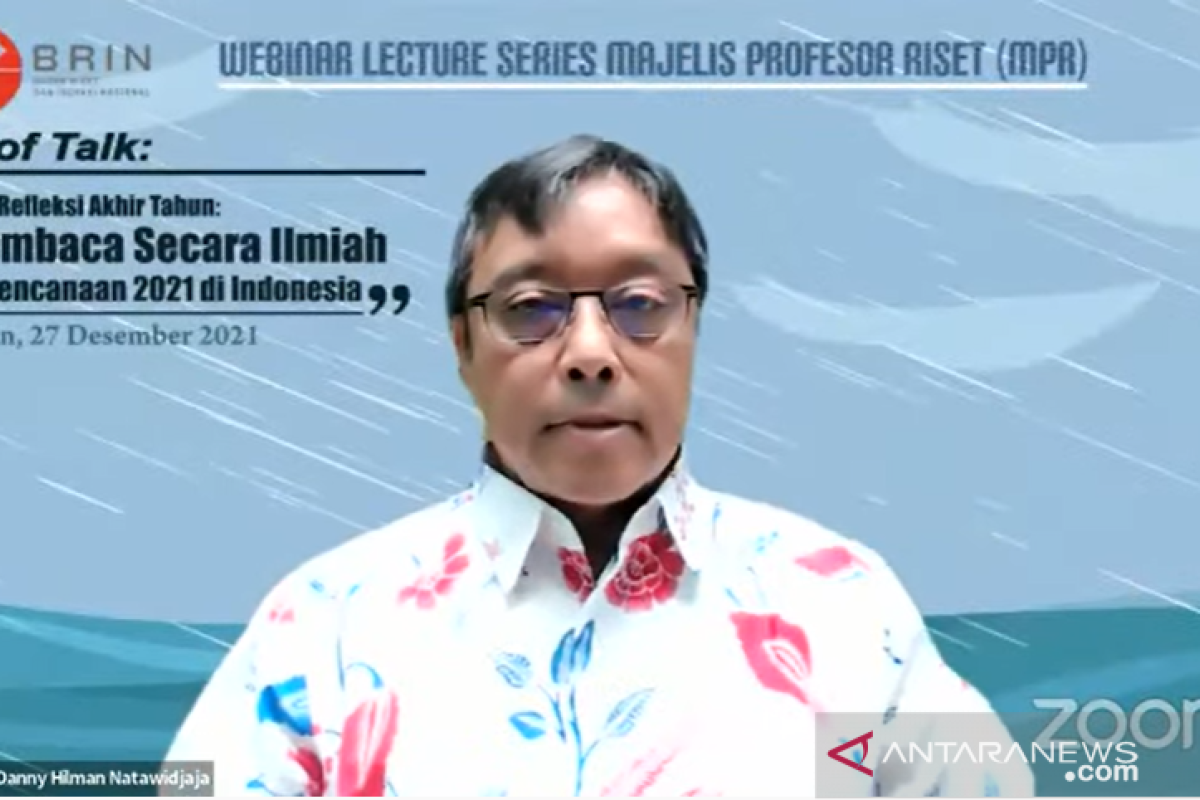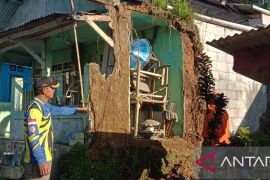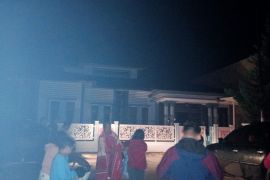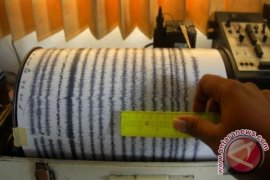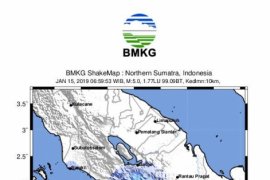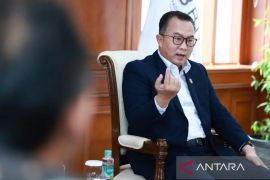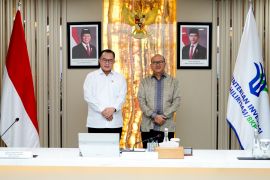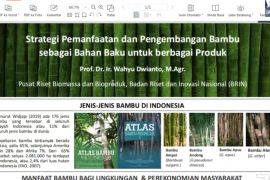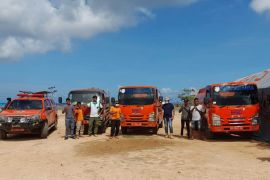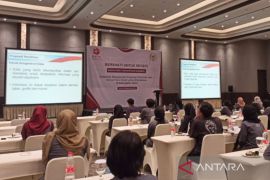If they cannot be avoided, then every community is responsible to understand and know the evacuation routesJakarta (ANTARA) - A research professor of earthquake and disaster geology at the National Research and Innovation Agency (BRIN), Danny Hilman Natawidjaja, has urged the public to not believe in hoaxes on earthquake predictions.
"Please, do not be affected by hoaxes about the threat of earthquakes, tsunamis, and volcanoes. Until now, we have not been able to predict (disasters); we can ascertain that anyone (who says that they can predict disasters) is a hoax (perpetrator)," Natawidjaja, who is a researcher with the Earth Science Research Organization of BRIN, remarked at a webinar on 'Year-end Reflection: Scientifically Reading Disasters in Indonesia in 2021' here on Monday.
Even across the world, there is no method for predicting the exact time an earthquake will happen, he said.
Related news: Economy likely to grow up to 5.12% in 2022: BRIN
According to Natawidjaja, what the related parties can do is mitigate disasters by studying the earthquake sources or fault lines, the magnitude of the earthquake, and the risk of its effects. Therefore, through mitigation, the damage of a quake can be reduced, he explained.
Therefore, earthquake and volcano research in Indonesia, which is still minimal, needs to be made massive, systematic, integrated, and comprehensive nationally, he said. Meanwhile, for tsunamis, the risks need to be mapped out at the regional level and on a detailed scale, he added.
Natawidjaja said it is necessary and important to pinpoint tsunami danger zones to avoid them.
Related news: Indonesia's economic performance better in 2021: BRIN
"If they cannot be avoided, then every community is responsible to understand and know the evacuation routes," he added.
In addition to creating tsunami maps, other tsunami mitigation measures are tsunami-safe spatial planning, creating evacuation routes and emergency plans, and conducting community education and training, assisted by a tsunami early warning system (TEWS), he said.
Related news: Village funds helping reduce poverty, employment rates: BRIN
"TEWS should not be a main single tool because it is just a supporting instrument for mitigating disasters," he explained.
Furthermore, he said, future TEWS should be developed based on state-of-the-art knowledge and technology.
Related news: Indonesia's stunting prevalence rate reduced to 24.4 percent: BKKBN
Related news: President Jokowi inaugurates nickel processing plant in Konawe
Translator: Martha S, Kenzu T
Editor: Fardah Assegaf
Copyright © ANTARA 2021
